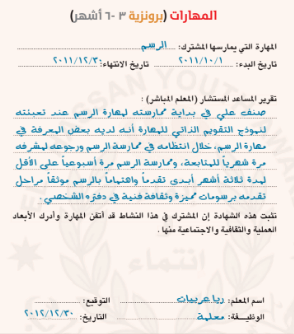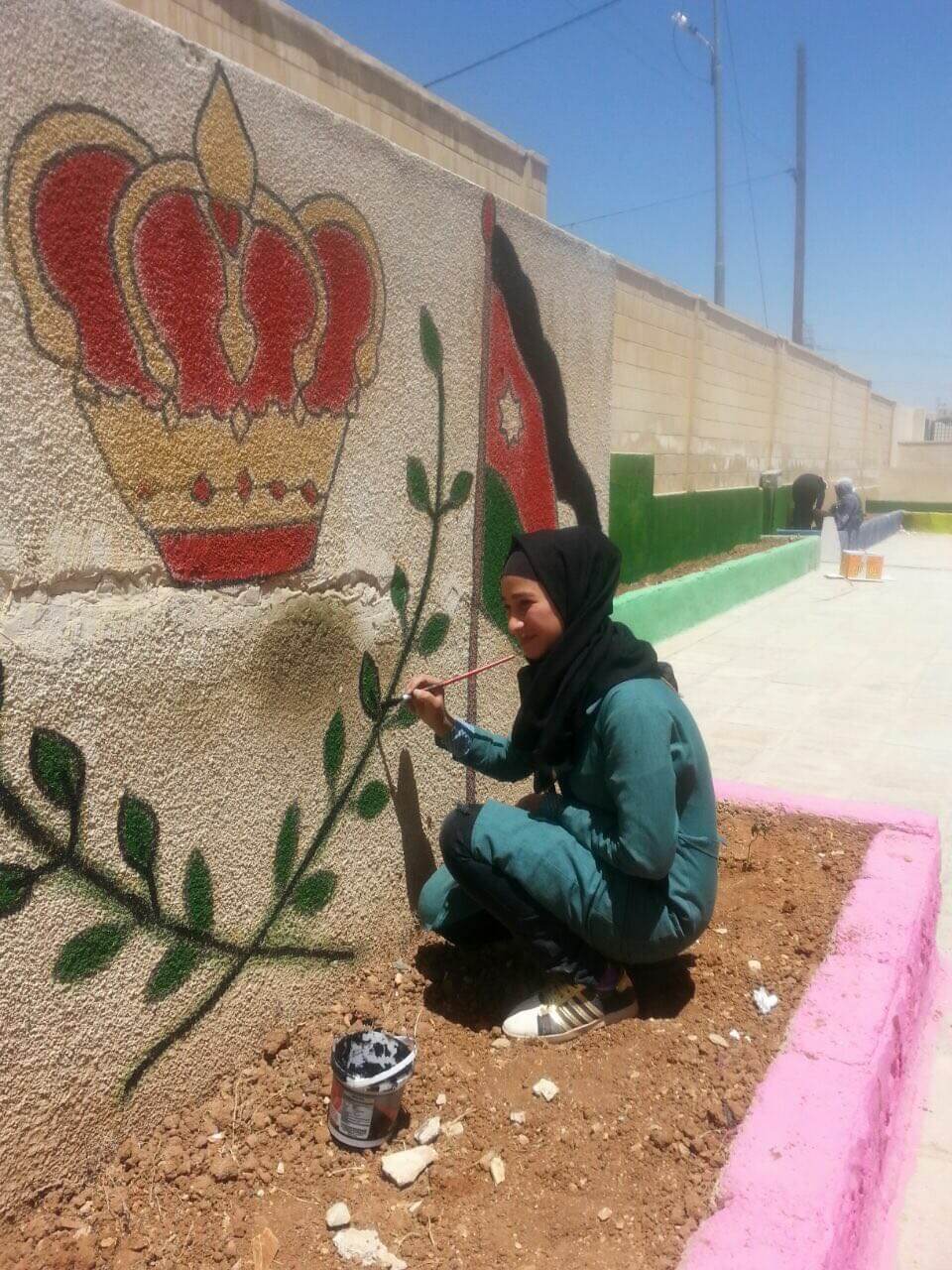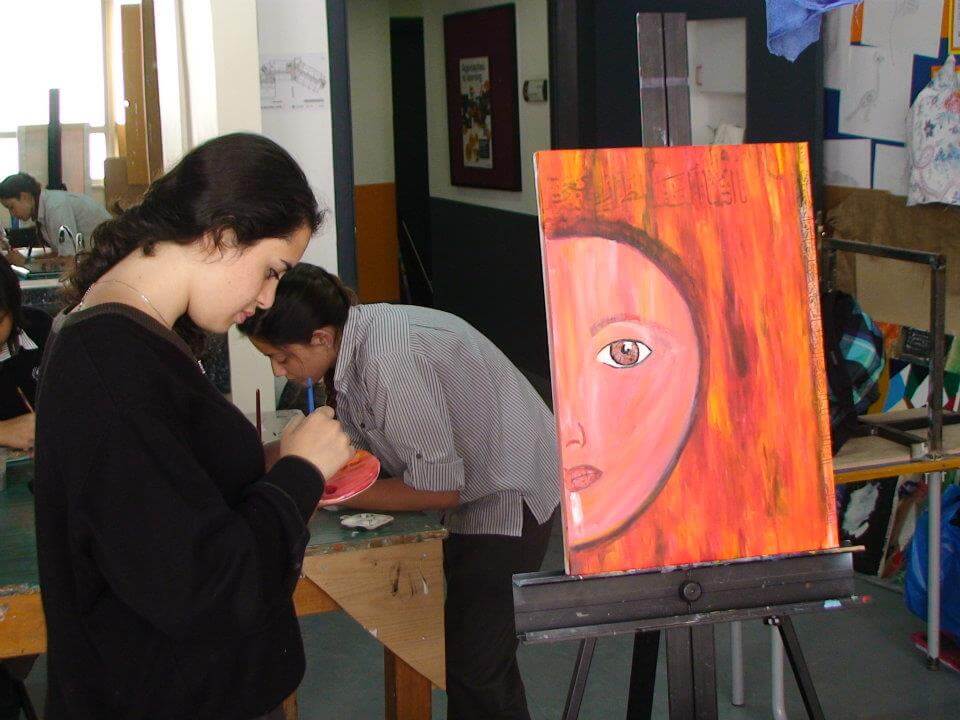 Skills Programme
Skills Programme
Objective
 |
| Participant Evaluation Form |
to help participants develop and discover new abilities and interests.
Note that starting a skill does not necessarily mean participants begin at Bronze level. Instead, it is the degree to which participants master the skill that determines the level. A Gold Award participant could therefore take on a new skill as a complete beginner!
Examples of Skills
• Communication – learning a language, public speaking, journalism, Qur’an recitation
• Music – learning to play a musical instrument, singing, sound engineering
• Games - chess, snooker or pools, sports refereeing
• Transportation - learning to drive, learning to fly, car maintenance
• Vocational skills - carpentry, plumbing, decorating
• Arts and crafts - embroidery, sewing, Arabic calligraphy, painting, photography, sculpture, textiles, glasswork, flower arranging
More information and details on over two hundred potential skills can be found in the Skills Guide book, available at our national office in Amman, northern branch in Irbid, and the Open Award Center in Aqaba.
Guidance, training and evaluation
A person with expertise in the skill provides the necessary guidance and guarantees the participants’ safety during the Award. They are also responsible for providing training, and ultimately evaluate participants on their achievements at the end of the period.
- Bronze: A minimum of 3 months.
- Silver: A minimum of 6 months
- Gold: A minimum of 12 months.
The Award takes into consideration personal differences and so divides the content of the program into curricula based on participantss` skill proficiency:
• Beginner (without knowledge in the skill)
• Intermediate (for those with some prior knowledge)
• Advanced (for those with a significant amount of prior knowledge)
Participants fill out a self-assessment form for skill proficiency prior to commencing with the Skills program.

